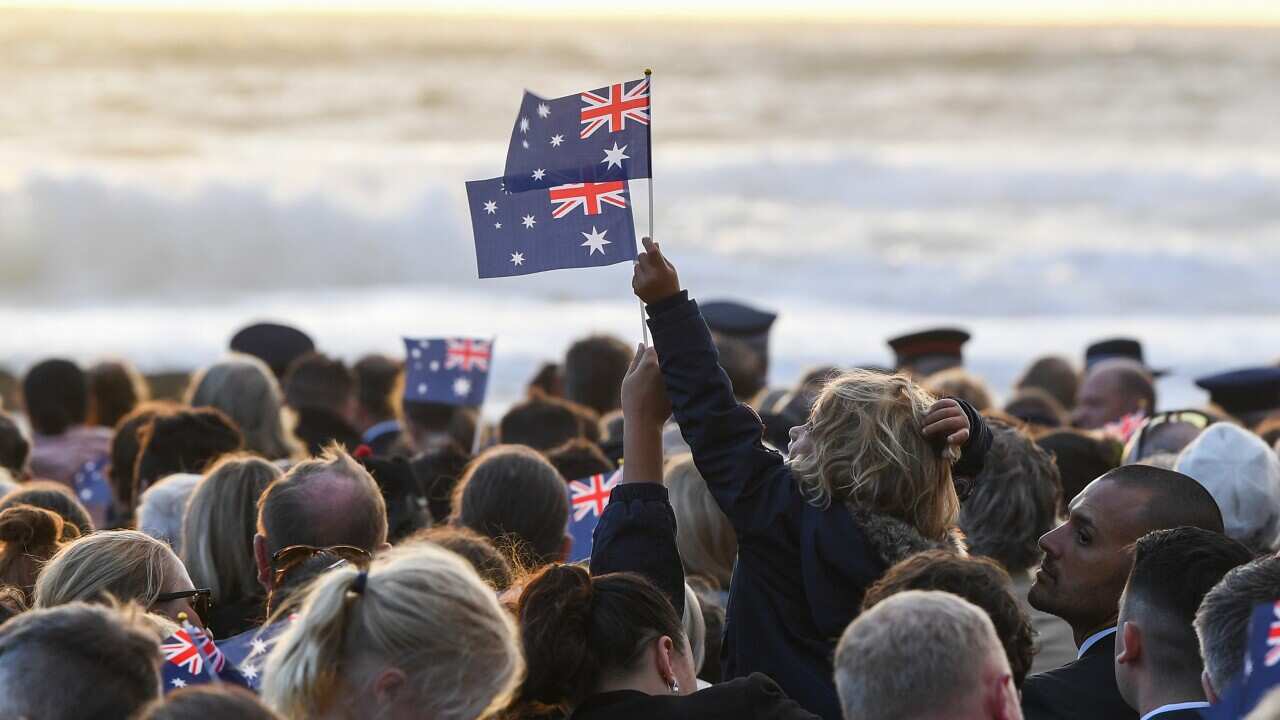TRANSCRIPT
A routine mission in the disputed Spratly Islands has turned into a dangerous game of cat and mouse.
Tensions between China and the Philippines have escalated following a four-hour standoff in which dozens of Chinese Coast Guard vessels chased and surrounded Filipino ships in the South China Sea.
The commander of the Philippine Coast Guard, Admiral Ronnie Gil Gavan condemns the attack.
"The Philippine Coast Guard condemns once again the China Coast Guard's unprovoked act of coercion and dangerous manoeuvres against a legitimate, lawful and routine Philippine rotation and resupply mission to a union show. It has put the lives of our personnel at risk"
A territory claimed by several nations, the Spratly Islands are located in the waters of Second Thomas Shoal.
They are currently under the control of the Philippines, where its marines are stationed aboard a stranded ship.
But China, which controls Mischief Reef, just 40 kilometres away, argues that its territory also includes all of the Spratly Islands.
The latest escalation happened on Friday, as the Philippine Coast Guard was making a supply run to the Sierra Madre marines, to consolidate their claim to the disputed reef.
The way has been aggressively blocked by Chinese ships, with water cannon fire and Chinese boats coming within meters of contact to make blockades.
Mr Gavan says that such actions have not been provoked, and therefore violate the law of the sea.
"It doesn't really appear good to see a fellow Coast Guard violating the rules they are supposed to protect. You know, coast guards are established to provide or to protect or to promote safety of life at sea, not to conduct activities that will endanger the lives of people at sea. So I really find it very ironic, I am sad actually."
The Philippines claim that at least 38 Chinese ships have been spotted off the reef, including 5 Coast Guard vessels and 28 maritime militia boats.
The territory lies within the Philippine's exclusive economic zone, but China argues that its claim to all of the Spratly Islands has a historical basis, dating back hundreds of years, and that the Filipino mission is an illegal incursion.
Wang Webbin, from China's Ministry of Foreign Affairs, says the dispute is beyond international law.
"The South China Sea is an issue of territorial sovereignty and maritime delimitation, outside the scope of the United Nations Convention on the Law of the Sea."
The escalating dispute has been causing global concern.
Australia's Foreign Minister Penny Wong says the country's diplomatic relations with China do not affect the government's stance on the matter.
"A stable relationship doesn't mean we're going to agree on everything. What it means is that we can continue to grow the relationship in a way that's consistent with our national interests. That requires we wisely navigate our differences. We've been clear with China there are things on which we will not agree whether they be human rights or behaviours in the South China Sea, where we argue that we do not want to see destabilising actions. We do not want to see international law that is the Law of the Sea undermined in any way. That is our private discussion that is also our public discussion."
Australia has called out China's behaviour just days after the Beijing summit.
Minister Wong says Australia's position is clear.
"There was a discussion about international law, which is obviously the Law of the Sea, but I think China is very clear // about our support for the Philippines and for international law."
The Philippines has said it is committed to continuing the missions in the disputed waters, despite the risk of escalation.













